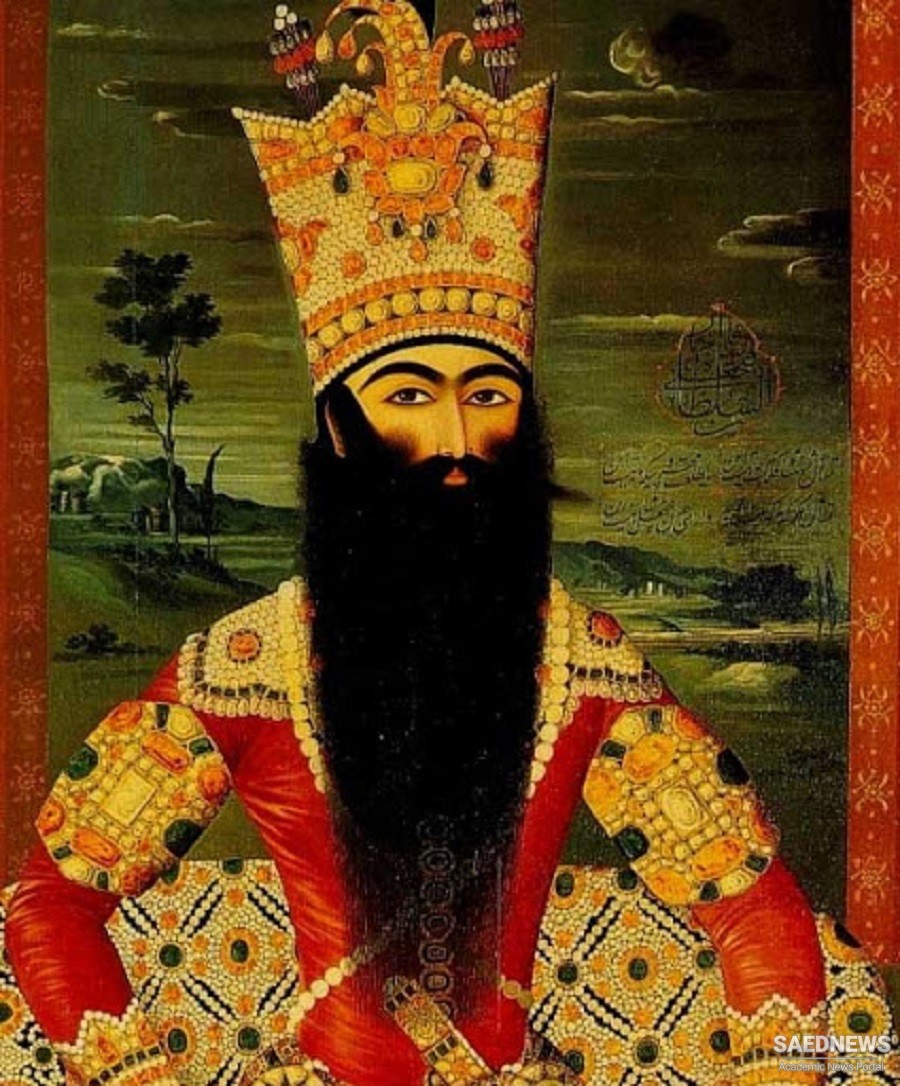A pretext was soon found. The vagueness of the Treaty of Gulistan gave rise to a dispute between Iran and Russia over three districts in Transcaucasia, including Gokchah. Hasty negotiations having failed, Russia promptly occupied it in 1825. Iran regarded this as a casus belli. The Shia clergy, aroused by Russia’s mistreatment of the Muslims of Ganja and Karabagh, issued a jatwd (a religious decree) for holy war against Russia.
Once again the Shah went to war without being prepared for it. The war broke out in 1826. The Iranian army was no better equipped in 1826 than in 1813. In fact, it was worse off. “When Persia again came into collision with Russia,” Rawlinson testifies, “Her means and power as a military nation were positively inferior to those which she had possessed at the close of her former struggle.” The war continued until 1828 and was a disaster for Iran. Its cavalry was demoralized by Russian artillery fire at the battle of Shamkar, and the Russian forces overran Erivan, Nakhichevan, and Abbasabad. The arsenal at Tabriz was captured, in part because the Shah refused to supply the necessary funds for its defense.
Having occupied Tabriz, Russia dictated the peace. The Treaty of Turkumanchai, which was concluded in 1828, was not so unfavorable to Iran in terms of territorial losses as had been the Treaty of Gulistan. Nevertheless, it has gone down in Iran’s diplomatic history as the most humiliating treaty Iran ever signed with a foreign power. It provided the basis for the establishment of a capitulatory regime in Iran. Its main provisions were:
1) Territorial: Russia annexed Erivan and Nakhichevan. The former involved the territory on both sides of the Aras River. 2) Capitulatory : No Iranian official was allowed to enter the premises owned by Russian subjects residing in Iran without prior authorization by Russia. All litigations involving the subjects of Russia came under the exclusive jurisdiction of Russian authorities in Iran. 3) Pecuniary: Iran was to pay twenty thousand silver rubles as indemnity for "the considerable sacrifices that the war had occasioned to Russia."


 Foreign Policy of Persia in Early Modern Times and Foreign Forces
Foreign Policy of Persia in Early Modern Times and Foreign Forces














































